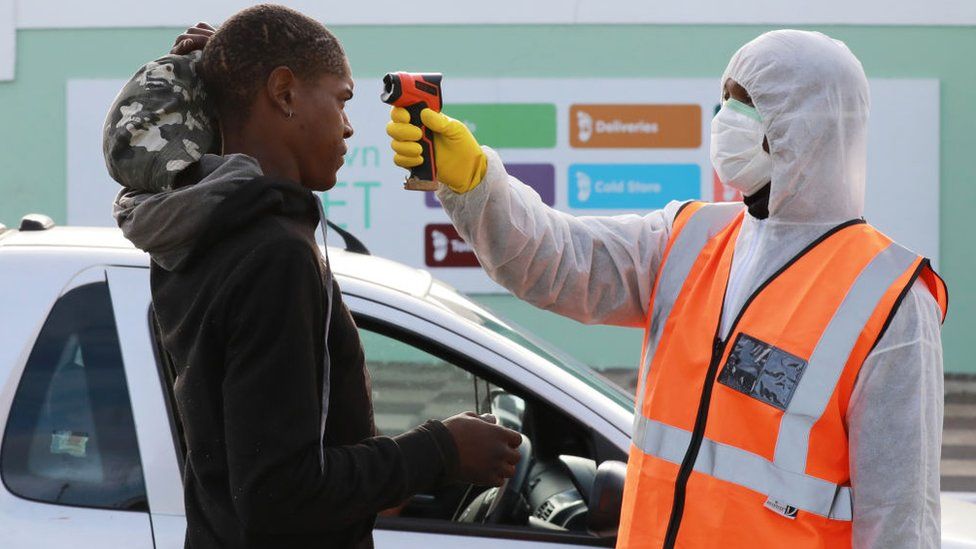The Akwa Ibom State COVID-19 Incident Management Committee sees a lack of cooperation by contacts to suspected or confirmed cases with the committee as a major clog in the wheel of its fight against the dreaded pandemic.
Ntiense Umoette, the state deputy epidemiologist while presenting a paper on “Contact racing, key processes and challenges from Akwa Ibom experience” mentioned identifying contacts whose telephone numbers and addresses are not given and identifying contacts outside Akwa Ibom as challenges facing the committee.
Umoette who spoke during a one-day workshop on Akwa Ibom State COVID-19 response and ethical reporting for journalists, also lamented over contacts refusing to respond to telephone calls, giving misleading information.
She recalled an incident in which a man in Eket reported of a suspected case and the committee dispatched a team to the area only for the man to stop calling them.
“At times, a member of the committee will call a close contact to the person with a confirmed case but the contact would renege on volunteering information or will even query you ‘how did you get my phone number.”
The medical doctor, therefore, called members of the public to always cooperate with the committee to ease their job in the coronavirus fight.
Dr. Usenobong Morgan who talked on “Overview of COVID-19: Simple facts and figures” explained that coronavirus belongs to coronavidae family in the Nidovirales order, saying unlike SARS-COV2 of 2002 and MERS of 2009, coronavirus is the most brutal.
Dr. Emmanuel John, the state public relations officer for NMA speaking on “Case definition and testing for COVID-19” lamented over the poor handling of the death of one of their colleagues, Dr. Dominic Essien by the media.
John said a team sent to his hospital had identified the contacts, carried out contact tracing of people he might have interacted with before his demise, and traced his family involved to finding out a possible cause of his death.

